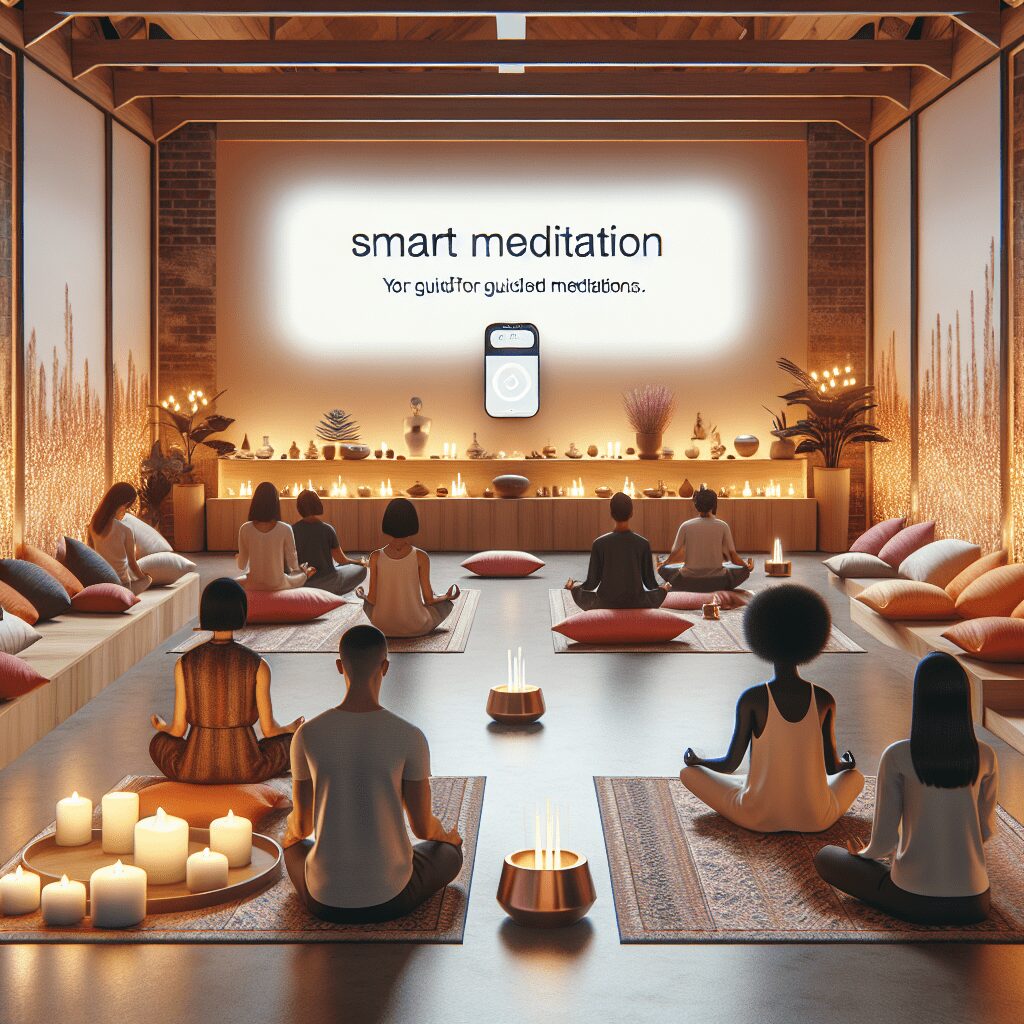
Prioritize your mental well-being daily. Enhance your life by nurturing your mental health with the Smart Meditation app. Break free from stress, alleviate anxiety, and enhance your sleep quality starting today.
Is Mood Stabilizers An Antidepressant?
Understanding the Nuance Between Mood Stabilizers and Antidepressants
Navigating the complex terrain of mental health treatment can often feel like trying to crack the Da Vinci code. Among the plethora of options, mood stabilizers and antidepressants are two heavy hitters. But, are mood stabilizers just a fancy term for antidepressants? Well, hold on to your hats, because we’re about to dive deep into this query, breaking it down in a way that’s easier to digest than your grandma’s apple pie.
Mood Stabilizers: The Guardians of Equilibrium
First off, let’s get our ducks in a row regarding what mood stabilizers are. These are the meds that do exactly what their name suggests – stabilize mood. They’re like the bouncers at the club of your brain, keeping the peace and ensuring that things don’t get too out of hand. Whether it’s manic highs or depressive lows, mood stabilizers are your go-to. They play a crucial role in managing conditions like bipolar disorder, ensuring that patients remain on an even keel.
The most renowned mood stabilizer that might ring a bell is Lithium. It’s been around the block since the 1970s, and boy, does it have a track record to boast about! Other contenders in this category include anticonvulsants such as valproate and lamotrigine, which have proven their mettle in mood stabilization.
Antidepressants: The Uplifters
On the flip side, we’ve got antidepressants. These are the cheerleaders in the world of psychiatric medications, primarily aimed at kicking depression to the curb. Their M.O. is to tweak the brain’s chemical messengers, specifically serotonin, norepinephrine, and dopamine, to help boost your mood.
SSRIs, or Selective Serotonin Reuptake Inhibitors, are the poster children for antidepressants. They’re like the cool kids in the pharmacy, with names you’ve probably heard being tossed around, like Fluoxetine (Prozac) or Sertraline (Zoloft). Antidepressants can be a godsend for those grappling with depression, anxiety disorders, and even chronic pain conditions.
So, What Sets Them Apart?
Here’s the kicker – while both mood stabilizers and antidepressants aim to rectify imbalances in the brain’s chemistry, they’re not two peas in a pod. Mood stabilizers focus on evening out the mood swings associated with bipolar disorder and related conditions, acting as a thermostat to regulate emotional temperature. Antidepressants, in contrast, are more like a gentle nudge towards the sunnier side of the street, primarily targeting depression and its cousins.
Now, for the million-dollar question: Is a mood stabilizer an antidepressant? The short answer is no. While some mood stabilizers might have antidepressant effects and vice versa, each category is tailor-made for specific conditions, symptoms, and patient needs. The trick lies in getting a proper diagnosis and working hand-in-glove with a healthcare provider to find the medication cocktail that best suits your unique brain chemistry.
The Verdict?
In the grand scheme of things, understanding the distinction between mood stabilizers and antidepressants isn’t just splitting hairs. It’s about honing in on the most effective treatment strategy to enhance mental wellness. Remember, when in doubt, always reach out to a medical professional. After all, when it comes to mental health, it’s better to be safe than sorry. So, whether it’s mood stabilizers, antidepressants, or another treatment avenue, the goal is crystal clear – finding your path to a balanced and happier life.




